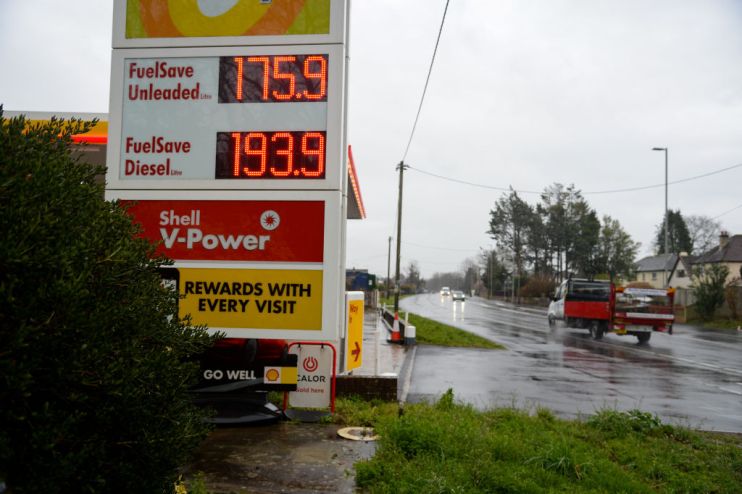Russia-Ukraine war raises spectre of UK recession

Russia’s invasion of Ukraine risks plunging the UK economy into recession by propelling inflation to historic levels, according to a new report released today.
Soaring food and energy prices triggered by the conflict could send the cost of living for the poorest households in the UK above 10 per cent, research published today by the economic think tank the Resolution Foundation (the Foundation) has found.
A pullback in consumer spending caused by low to middle income households’ budgets being squeezed by the price of essentials jumping has “increase[d] the probability of a recession,” the Foundation warned.
Brits were already bracing for a historic fall in their living standards caused by wages lagging far behind price rises even before the conflict started.
The Foundation has previously said spending power could fall the worst rate since the 1970s, while some experts have warned inflation will top 10 per cent as a result of the cap on energy bills rising even further in October to account for energy price spikes.
Real incomes for the typical British household will drop £1,000 this year, the Foundation said.
Last week, natural gas prices hit a record high of £8 per therm, while oil prices reached levels not seen since 2008 on concerns over the security of energy supplies as Moscow ramps up its assault on Ukraine.
“The chances of a living standards recovery this year are receding as rapidly as inflation is rising, and the risk of another recession is looming into view,” James Smith, research director at the Foundation, said.
The alert comes as Chancellor Rishi Sunak is reportedly mulling unleashing more fiscal support at his spring statement on 23 March to soften the blow to households.
Higher than expected tax revenues and lower borrowing as a result of the economy recovering strongly from the pandemic means the public finances are in a better position than previously predicted by the Office for Budget Responsibility.
Greater fiscal room means Sunak could announce some giveaways at the upcoming statement and still meet his spending and borrowing targets.
However, rampant inflation will swell the government’s debt interest bill around £30bn over the course of this and next year.
The Chancellor is considering providing more support on top of the council tax rebate and energy bill loan to ease the cost of living crunch, according to the Sunday Telegraph.